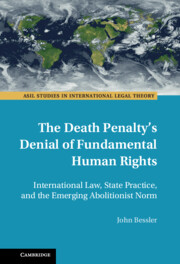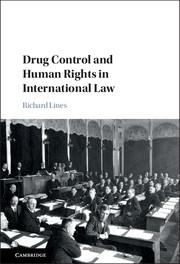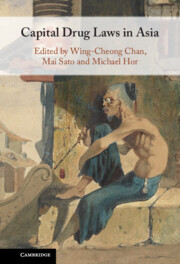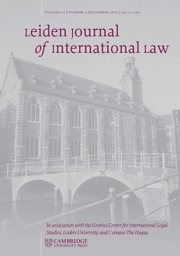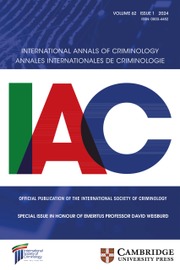The Death Penalty's Denial of Fundamental Human Rights
The Death Penalty's Denial of Fundamental Human Rights details how capital punishment violates universal human rights-to life; to be free from torture and other forms of cruelty; to be treated in a non-arbitrary, non-discriminatory manner; and to dignity. In tracing the evolution of the world's understanding of torture, which now absolutely prohibits physical and psychological torture, the book argues that an immutable characteristic of capital punishment-already outlawed in many countries and American states-is that it makes use of death threats. Mock executions and other credible death threats, in fact, have long been treated as torturous acts. When crime victims are threatened with death and are helpless to prevent their deaths, for example, courts routinely find such threats inflict psychological torture. With simulated executions and non-lethal corporal punishments already prohibited as torturous acts, death sentences and real executions, the book contends, must be classified as torturous acts, too.�
- Draws together in one place all of the legal authorities and studies showing that the death penalty's use has all the indicia and characteristics of torture
- Sets forth a roadmap for the death penalty's abolition in an accessible style that will be of interest to lawyers, judges, international law publicists, and anti-death penalty activists
- Examines US Supreme Court Justice Ruth Bader Ginsburg's views on capital punishment in personal detail, shedding interesting light on key Supreme Court decisions and dissenting opinions
Product details
December 2022Hardback
9781108845571
400 pages
235 × 158 × 26 mm
0.71kg
Available
Table of Contents
- Introduction
- 1. The death penalty: from draconian legal codes to the enlightenment
- 2. The abolitionist movement: state practice, international law, and global progress
- 3. Death threats and the law of torture: the death penalty's inherently cruel and torturous characteristics
- 4. Human dignity and the law's evolution: prohibiting capital punishment through a jus cogens norm
- Conclusion.

